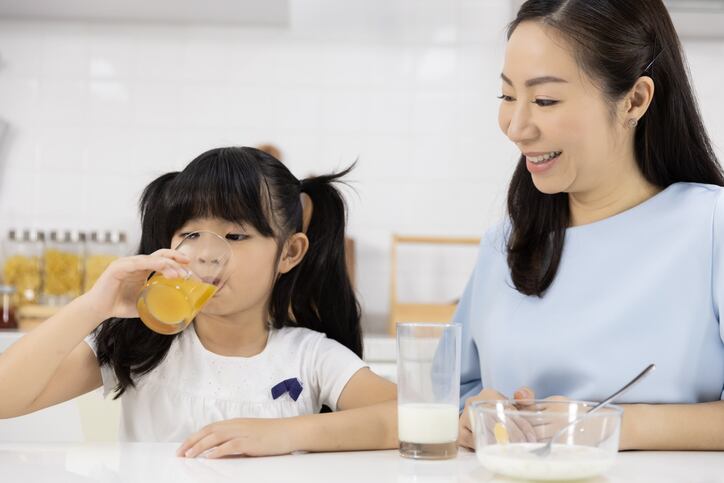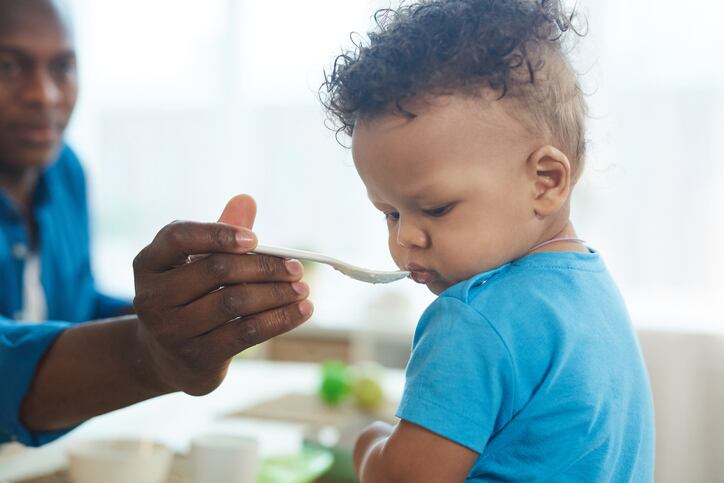“Parents express concerns about artificial sweeteners and believe that NNS [non-nutritive sweeteners] are not safe for their children. However, 74% of children’s fruit drinks and flavored waters contain NNS, and 38% contain both added sugar and NNS,” according to the study conducted by Jennifer Harris, senior research advisor, marketing initiatives at Rudd Center Food Policy & Obesity at the University of Connecticut, and Jennifer Pomeranz from the department of public health policy and management at the School of Global Public Health at New York University.
Despite their concerns, most of the 1,603 US parents (53-58%) of 1- to 5-year-olds surveyed in the study could not identify drinks with NNS, and in a simulated shopping study, parents correctly recognized products with NNS in children’s products only 23% of the time.
“Frankly, we weren’t surprised,” Harris said of the findings. She explained to FoodNavigator-USA that she often conducts focus groups with parents who tell her they are confused by product labels or recount experiences of picking up something quickly at the store only to get home and realize it has ingredients they don’t want, like NNS.
Parents are confused
Part of the problem, Harris said, is manufacturers are not required to disclose the use of NNS anywhere on the product except in the Ingredient list, where they often use chemical terms that are unfamiliar to caregivers, such as sucralose, neotame and acesulfame potassium.
For support, Harris pointed to the study finding that when caregivers reviewed the information panel, 62% still could not accurately identify products that contained NNS.
Caregivers fared better with identifying when children’s beverages included added sugars based on the front-of-pack alone (83% to 90% -- depending on the product label they reviewed) or did not have added sugar (51%-65% -- depending on the product label), which Harris said was positive, but she noted many (38%-43%) incorrectly believed that unsweetened juices contained added sugar and 24%-25% believed that flavored waters had no added sugars.
Viewing the Nutrition Facts and Ingredient lists for products significantly increased caregivers’ ability to assess correctly added-sugar, but less so when it came to determining if a drink did not have added sugar. For example, even with the information deck, 40% of parents incorrectly identified both Juicy Juice 100% juice and Honest Kids diluted juice as containing added sugar when they do not.
Juice content confusion
While caregiver confusion about NNS and added-sugar did not surprise Harris, she said she was surprised by the extent of caregivers’ struggles with identifying the juice content in products – including those labeled as 100% juice.
“100% juice has to say 100% juice on the front of the pack and again in the Nutrition Facts panel, so we thought that would be pretty easy to identify, but a lot of parents didn’t see it or didn’t know it was there,” and even if they did see it some caregivers still thought there was added sugar, Harris said.
She explained that part of the confusion about added sugar in 100% juice products might come from consumers knowing that juice has natural sugar but not understanding what “added-sugar” means.
As the study notes, these findings also could indicate that caregivers don’t trust product labels or do not know that they are regulated or how they are regulated.
While children’s drink labels may confuse caregivers, most current practices follow FDA regulations, which do not require products to identify sweetener or juice content on the front-of-pack, except for 100% juice, which must be labeled on the front of the package.
Harris and Pomeranz argue that inconsistent requirements about what is and is not required on the front of pack “likely lead to consumer confusion about what to trust and where to look for information.”
Similarly, they argue, the lack of front-of-pack disclosure of NNS was established decades before added sugar was required as a separate line in the Nutrition Facts panel – an “obfuscation of NNS” that when “coupled with ‘low sugar’ or other ambiguous sweetener claims (eg no high fructose corn syrup) on the front-of-package that do not necessarily reflect the full ingredient list” adds to consumer confusion and distrust.
With this in mind, Harris and Pomeranz urge FDA to use its existing authority to require consistent reporting of all sweeteners on the front-of-packages for all drinks and regulate the sugar content claims accordingly. Requiring the percentage of juice to be labeled on the front of the pack, however, could be more difficult as Congress decided that the percentage of juice is on the side of the panel and, therefore, would need to act before FDA could require it on the front of pack regardless of percentage amount.
Natural claims
They also urge the FDA to require statements of identity that accurately reflect drinks and regulate the use of potentially deceptive terms, such as ‘natural’ and ‘water,’ which led some study participants to believe erroneously the beverages were healthier and did not contain added sugar or sweeteners.
“The recommendations we included are all ones that FDA could implement without [additional rulemaking] under their current labeling structure and mandates. So, they are definitely feasible. But it really depends on priorities and political will. So, it is hard to predict timing or likelihood” of FDA enacting these recommendations, Harris said.
But, she added, “this is one area that the public health community is really focused on and really in agreement that children under five years should not have drinks with added sugar or non-nutritive sweeteners, period. And so, I think the more that message gets out there, the more pediatricians start talking about it and WIC counselors start talking about, the more likely companies will change if consumers complain and push back.”
So, even if FDA doesn’t act quickly, Harris said she is hopeful and optimistic these changes will happen.



